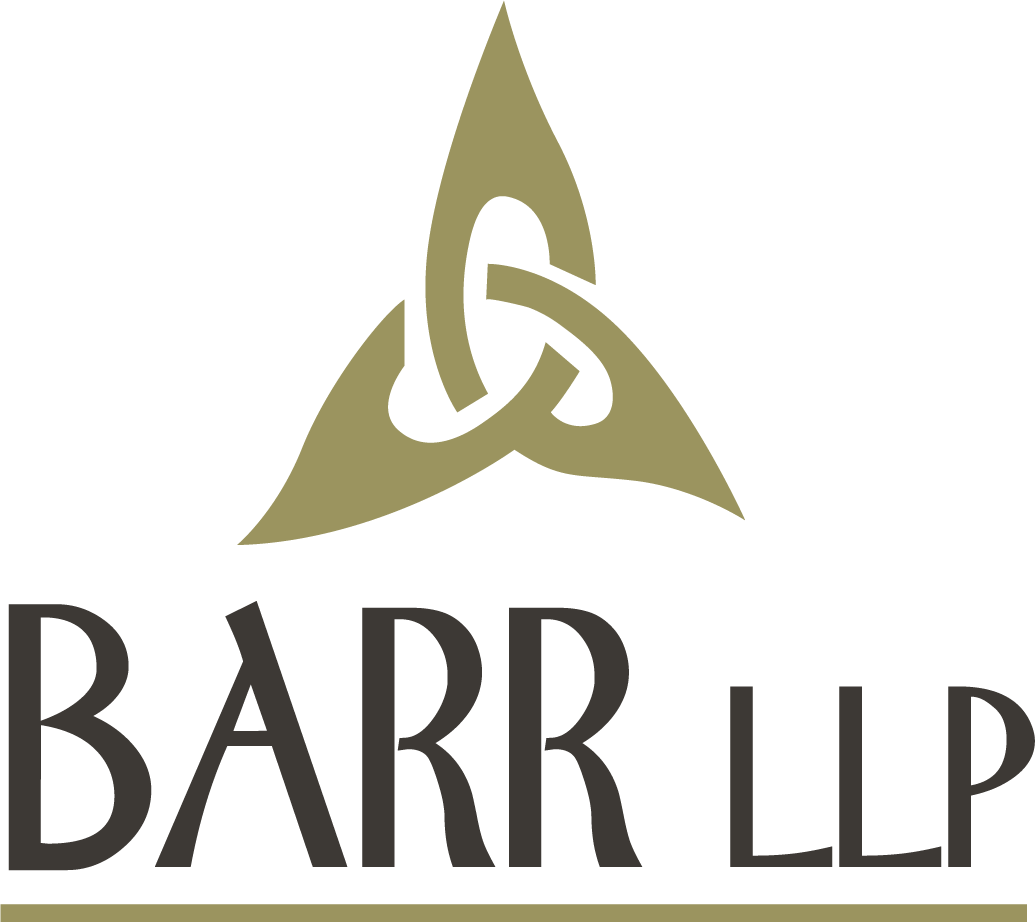Advising Executors, Attorneys and Trustees
There are many situations in which you can find yourself responsible for managing another person’s property. These situations include administering a person’s estate after their death, managing their affairs under a power of attorney if they lack the capacity to do so themselves, or acting as a Trustee of a Trust.
All of these situations carry with them a risk of liability. Our lawyers can assist you in understanding your responsibilities as well as your powers in dealing with another person’s property. Such responsibilities include exercising your powers in good faith, providing an accounting of your decisions and the state of the property you are managing, and in some cases, defending your decisions in a court if they are challenged by an interested party. Our lawyers can assist you at every step of this process, and help you ensure that the process is as simple and transparent as possible. We can also with related legal matters, such as selling any real estate property that you are holding in trust.
Probate and Administration of Estates
BARR LLP’s estate administration and probate services provide guidance and support for executors, attorneys, and trustees in managing and distributing estates. Our experienced lawyers will help you navigate the legal complexities and ensure compliance with fiduciary duties, making the process as smooth as possible.










